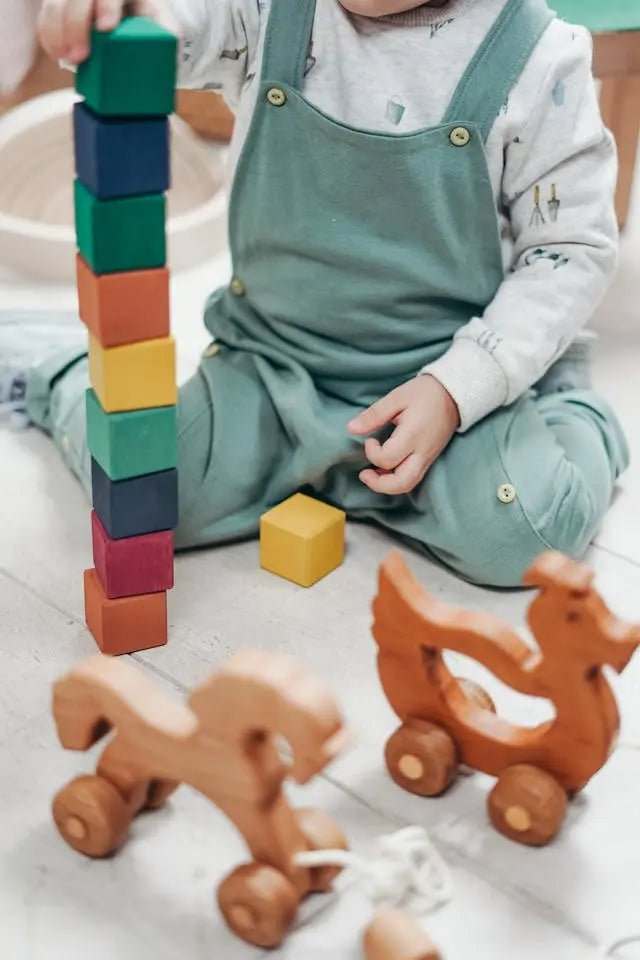Positive Education: Cultivating the Harmonious Development of Your Children
Positive parenting is more than just an educational approach; it is a way of life that promotes the well-being and optimal development of children. This method encourages parents to adopt attitudes and practices that reinforce the positive aspects of their children's behavior, while promoting healthy and respectful relationships.
Key Principles of Positive Education
-
Nonviolent Communication: Active listening and compassionate communication help strengthen emotional bonds with children. Rather than using punishments or reprimands, parents are encouraged to express their expectations in clear and positive ways.
-
Encourage Independence: Giving children age-appropriate responsibilities builds their self-confidence and sense of responsibility. This can be as simple as involving them in household chores or letting them make decisions about specific activities.
-
Recognise Efforts: Rather than focusing solely on results, it is important to recognise and celebrate children’s efforts and progress. This encourages them to persevere and develop a positive attitude towards challenges.
The Benefits of Positive Education: Studies Prove It
Numerous studies show the benefits of positive education on children's development:
-
Improved Social Skills: According to a study conducted by Durlak et al. (2011), positive parenting programs have a positive impact on children's social and emotional skills, promoting healthier interpersonal relationships.
-
Reduction of Deviant Behavior: A meta-analysis by Wilson and Lipsey (2007) found that interventions based on positive education are effective in reducing deviant behavior in children and adolescents.
-
Better Academic Performance: Research by Claro et al. (2016) showed that children raised in a positive and encouraging environment generally achieve better academic results and are more motivated to learn.
Practical Tips for Practicing Positive Education on a Daily Basis
-
Practice Patience: Take the time to listen and understand your child's emotions, even when they are difficult.
-
Be a Positive Role Model: Show your children how to handle challenges and conflicts calmly and respectfully.
-
Celebrate Victories: Congratulate and encourage your children for their accomplishments, big or small.
-
Stay Consistent: Establish clear rules and boundaries and enforce them consistently.
By adopting a positive parenting approach, you help create a home environment that fosters your children's happiness, resilience, and long-term success. Investing in positive parenting is a valuable investment that will benefit the entire family.


